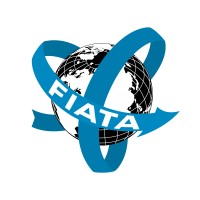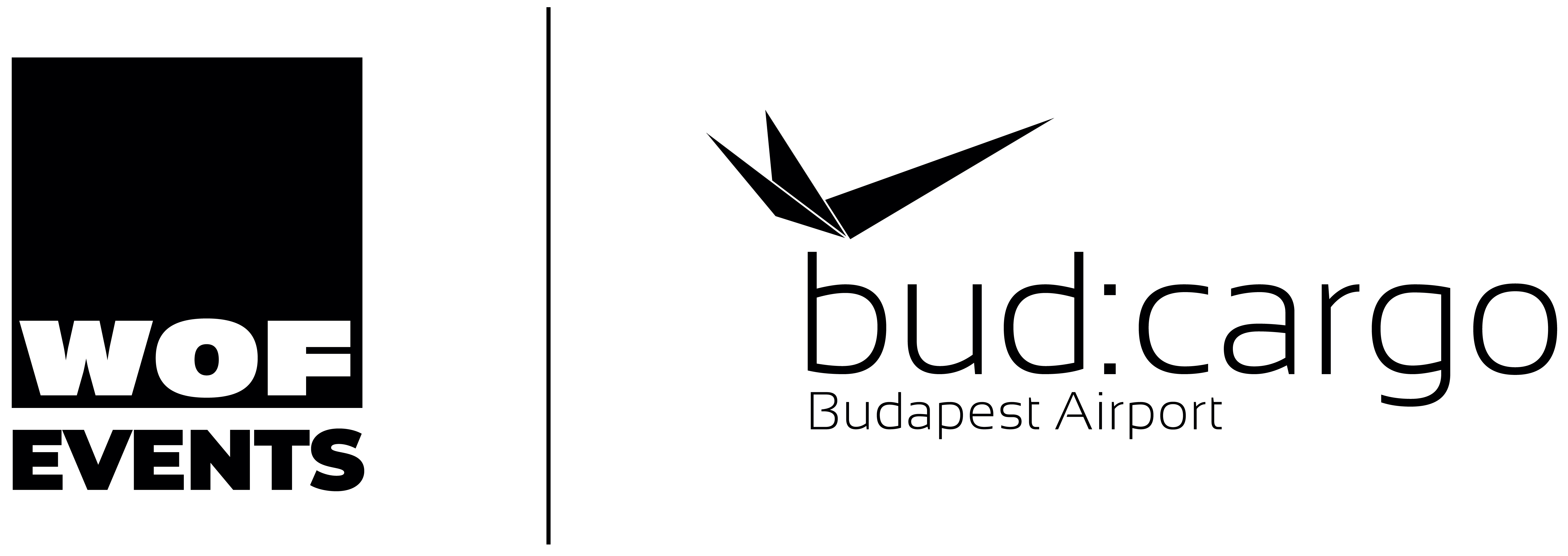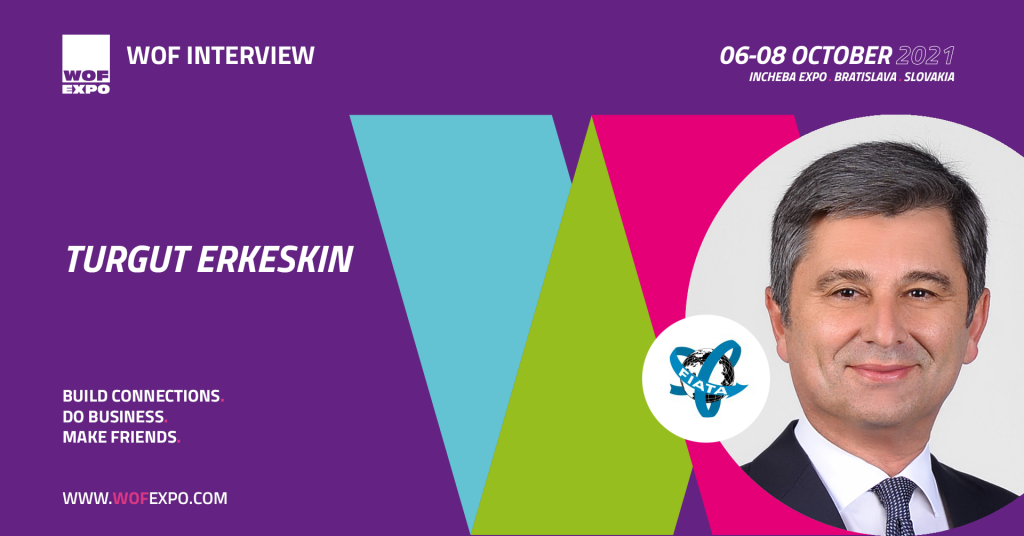Interview with TURGUT ERKESKIN
| Mr. Turgut Erkeskin is the Former President of UTIKAD and Senior Vice President of the FIATA. After successfully graduating from the Istanbul University Faculty of Economics, Mr. Erkeskin pursued his education abroad. He then joined the transport sector in 1985. Mr. Erkeskin worked for one of the leading maritime and transportation companies of Turkey back then, where he has developed his transport and managerial skills. Later in 1988, he established his own company GENEL TRANSPORT – one of the most successful transport & logistics services provider in Turkey. Mr. Erkeskin is the Chairman of the Logistics Business Council of DEIK (Foreign Economic Relations Board of Turkey). He is also an assembly Member of the Istanbul Chamber of Commerce, representing the transportation and logistics industry. |
| 1. What do you consider to be the main disruptors for freight forwarding development at the moment? Rather than mentioning disruptors, I would like to emphasize the importance of the ownership of the data freight forwarders possess and make use of it for their business and development. Still, a good part of the forwarders around the world is using traditional systems without any TMS or automation and do not analyze the data they have. They need to discover the potential they already have within their companies. Also, exchanging data digitally and Robotic Process Automation is vitally important for any present business, including freight logistics. Today, the best way to increase productivity is to eliminate manually repetitive, time-consuming processes and to automate every single and possible task within the systems. Only this way freight forwarders will reinforce their role in the market and provide the best services to their clients and partners. On the other hand, the lack of interoperability between systems and the inconsistency regarding data quality and data standards are real challenges for the freight forwarding industry. Fragmented digital infrastructures prevent the accumulation of big data on a global scale, which could be highly useful in terms of planning and supply chain optimization. 2. It is no secret that the digitalization of the freight forwarding industry is booming at the moment. Adequate compliance control goes hand in hand with the increased digitalization. What solutions did FIATA implement to ensure that the appropriate levels of control are met? Without a doubt, it is crucial to strengthen the control of the distribution of data and digital documents in freight forwarding and ensure the enforcement of compliance checks. That is why FIATA has been tirelessly working on its digital strategy launched last May, and we are very pleased with the progress being made since then. Our digital strategy will help freight forwarders with a transition toward standardized digitization. That will enable data availability and exchange while keeping control of the data. We will be able to create a ‘Freight-Forwarders’ Trusted Network, sharing and distributing standards (Such as the FIATA Bill of Lading), and fostering interoperability and data analysis. We currently have two ongoing projects; a registry of FIATA members’ digital identities certifying that they are trustworthy companies and a digital standard template library which will address the current challenge of controlling the distribution and multiplication of electronic versions of trade documents. We have conducted transversal and cross-sectoral work to ensure adequate compliance controls. Taking into account both legal and digital perspectives, FIATA has defined a solution that will ensure an appropriate level of control of the FIATA Bill of Lading, for example, while working with software companies to ensure easy access to the digital document for our members. For more on the work carried out by our digital strategy, visit our website. 3. Can you tell us a little more about the collaboration deal between FIATA and PayCargo? PayCargo has become one of the market leaders in cargo payments, aiming at facilitating transactions between payers and vendors helping to expedite the release of cargo. FIATA wanted to take advantage of its expertise, to explore some of the ideas we had, to create value, and develop new services for our member companies, allowing them to optimize their activities and costs. Such collaboration opens new horizons for FIATA, and we hope that our joint efforts will be rewarded soon. Last year, FIATA initiated a partnership with PayCargo to create value for our members. Together, we are developing a custom platform for FIATA members that will allow facilitated payments among them, benefiting from reduced transaction fees. The platform is expected to be launched during the FIATA HQ Meeting, taking place 22-25 March 2021. 4. What is the impact of COVID-19 on the organization and what is your strategy for the near future? COVID-19 has increased our reliance on technology and has certainly contributed to and accelerated the digitalization of the supply chain. More than ever, our industry and the SMEs are under pressure to continue to operate and make the supply chain work. They need FIATA’s support to lead them to achieve these goals and address global challenges. Through our digital strategy – and overall work – we need to continue providing tools and resources to our members to help them be better equipped to operate at the national level. Our digital strategy will allow our members to exchange secured and authenticated data, access/use/sign up-to-date FIATA standard trade documents, and leverage industry intelligence through their everyday tools (TMS and other software). We are creating an ecosystem that will unite a global community and will enable many SMEs to enter the digital world, allowing them to compete with other stakeholders that have the resources to invest in their overall global systems. 5. What is your opinion about positioning WOF EXPO in the Central and Eastern Europe region? FIATA has a global presence in about 150 countries, split into four FIATA Regions: Africa and the Middle East, North and South America, Asia-Pacific, and Europe. For FIATA, it is important to stay in close contact with our members and their markets to ensure that the support we provide remains relevant and helps them face business challenges. That’s why events like WOF EXPO are useful. |
 | FIATA International Federation of Freight Forwarders Associations is a nongovernmental, membership-based organization representing freight forwarders in some 150 countries. FIATA’s membership is composed of 109 Associations Members and more than 5,500 Individual Members, overall representing an industry of 40,000 freight forwarding and logistics firms worldwide.
FIATA is a reference source on international policies and regulations governing the freight forwarding and logistics industry. FIATA works at the international level to represent service providers who operate in trade logistics and supply chain management. Through its FIATA documents and forms, congress, training and publications, it promotes trade facilitation and best practices among the freight forwarding community.
fiata.com |

